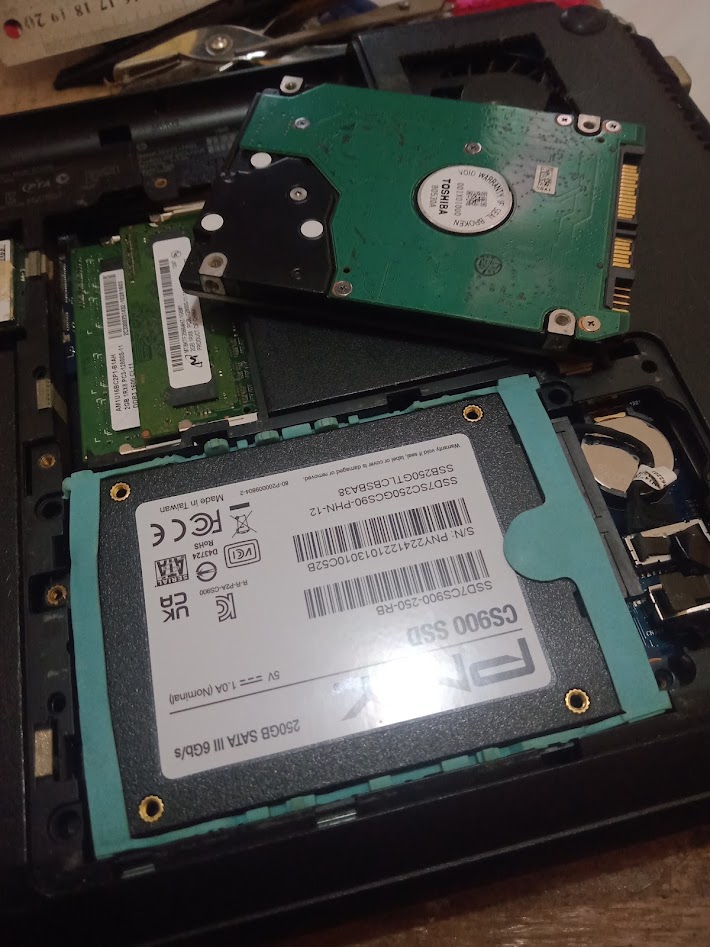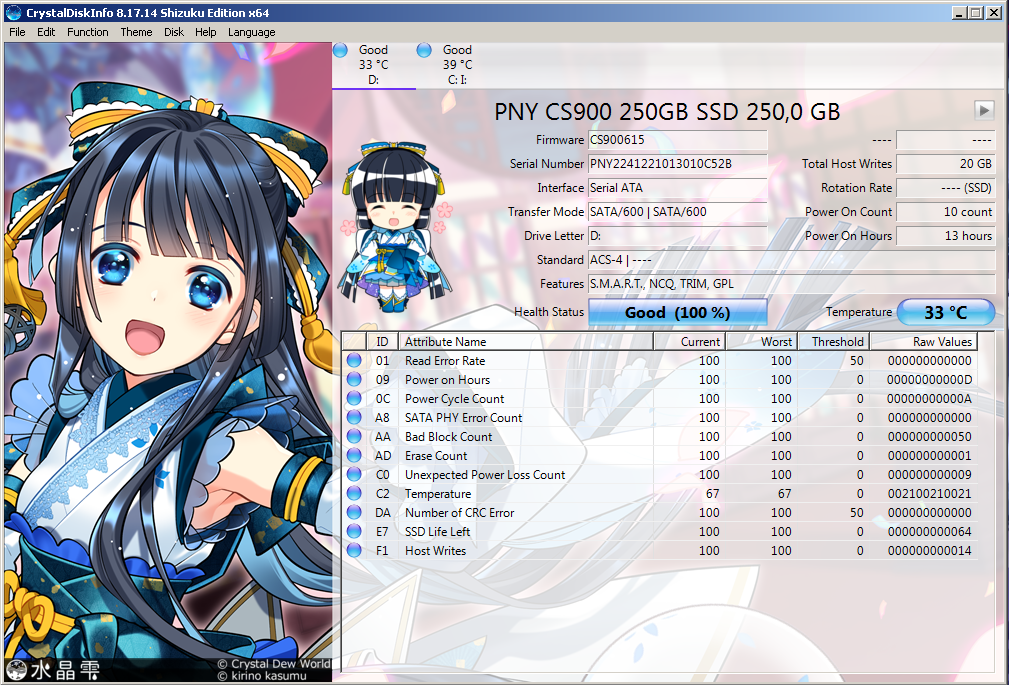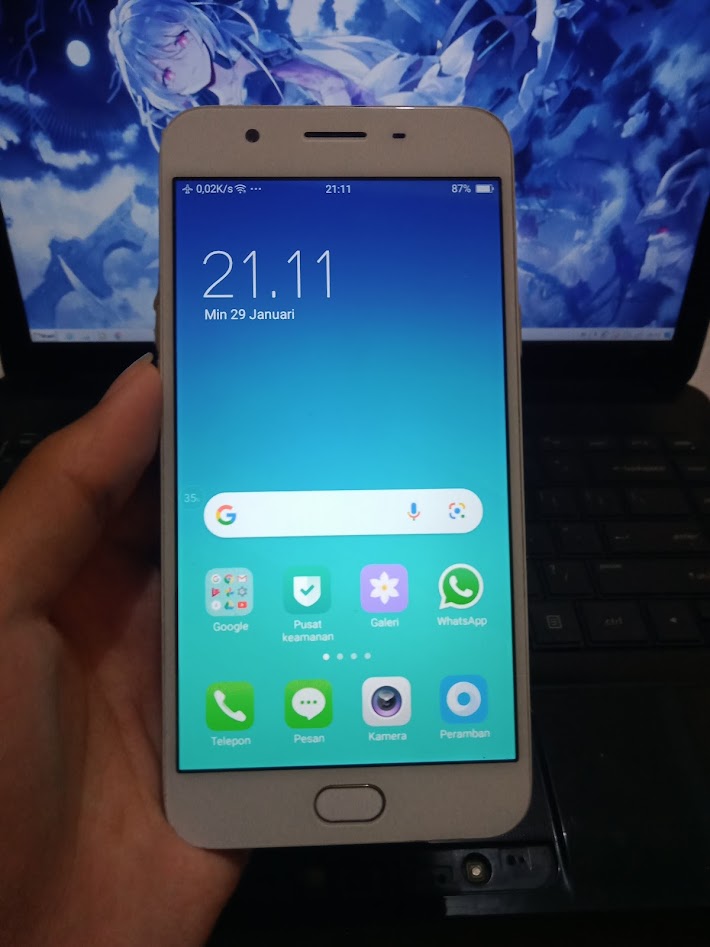Comparing: PNY CS900 250GB vs Samsung KMRX10014M
In this comparison, we analyze two Disks: PNY CS900 250GB and Samsung KMRX10014M, using synthetic benchmark tests to evaluate their overall performance. This side-by-side comparison helps users understand which hardware delivers better value, speed, and efficiency based on standardized testing. Whether you're building a new system or upgrading an existing one, this benchmark-driven evaluation offers valuable insights to guide your decision.
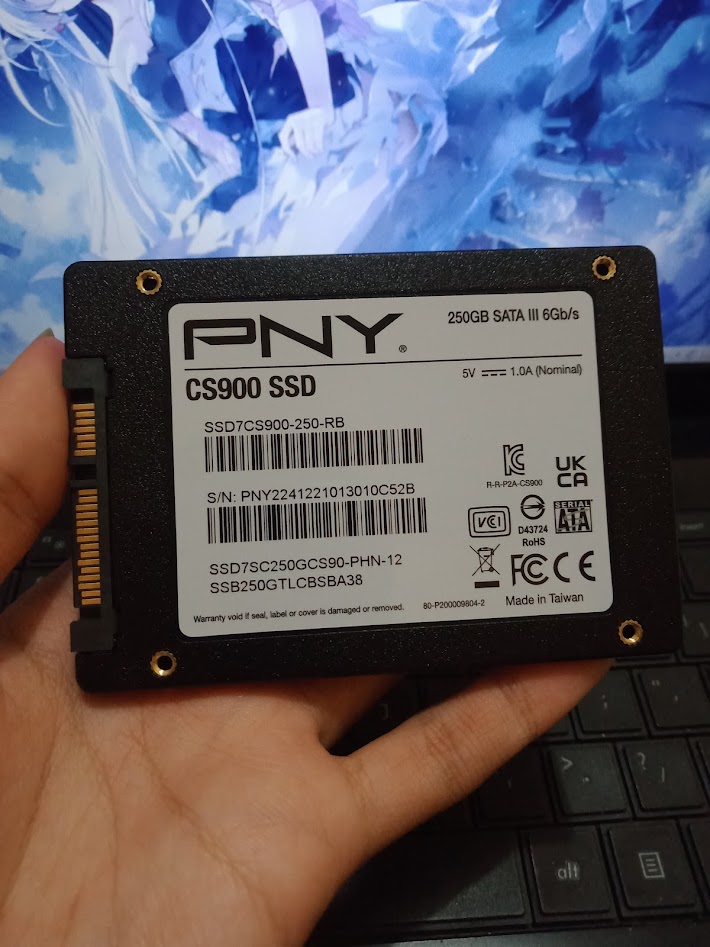
PNY CS900 250GB
| Type: | Disks |
|---|---|
| Model: | PNY CS900 250GB |
| Capacity: | 250GB |
| Interface: | SATA-III 6Gbps |
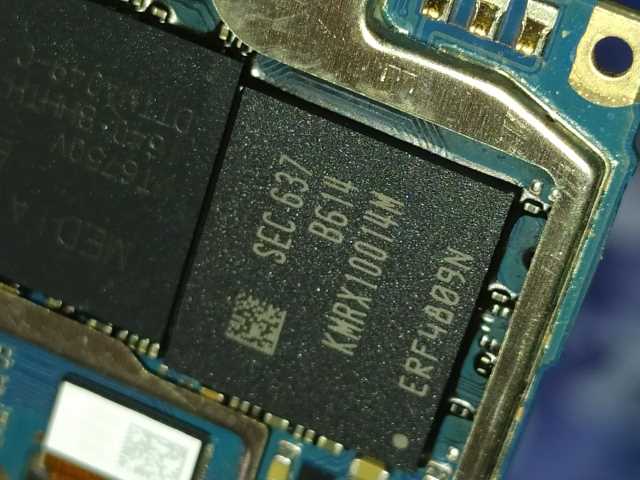
Samsung KMRX10014M
| Type: | Disks |
|---|---|
| Model: | Samsung KMRX10014M |
| Capacity: | 32GB |
| Interface: | eMMC |
Specification Comparison Table
This specification comparison presents technical details of several devices or components to help you understand the key differences between each option. Use this table as a reference to determine which device best suits your needs.
| Specification | PNY CS900 250GB | Samsung KMRX10014M |
|---|---|---|
| Brand | PNY | Samsung |
| Format | SSD 2.5 | eMMC 5.1 |
| Capacity | 250GB | 32GB |
| Interface | SATA-III 6Gbps | eMMC |
Submission Comparison Table
This submission comparison table displays the number and details of benchmark data submissions from various devices or components. This information helps you understand the performance based on the benchmarks that have been tested, as well as providing an overview of the consistency and popularity of the available benchmark results.
Submission Comparison Chart
This chart visualizes the benchmark scores comparison between two hardware devices based on submitted data.
Media Gallery
A collection of photos of tested hardware. These images can help you identify the physical form, model, and variant of the hardware in question. These photos are from our own documentation, and if they are not available we may not be able to document them.
About Hardware PNY CS900 250GB
The PNY CS900 250GB is a SATA III (6Gbps) SSD designed as an affordable upgrade solution for users still using hard disk drives (HDDs). Utilizing 3D NAND flash memory, this SSD delivers major improvements in read and write speeds, power efficiency and operational reliability for everyday computing needs.
It is capable of achieving read speeds of up to 535MB/s and write speeds of up to 500MB/s, making it ideal for speeding up operating system boot times, streamlining application launches and accelerating file transfer processes. Compared to conventional HDDs, the performance improvements offered by the CS900 are very noticeable, especially on systems with limited specifications.
The test was conducted using an HP 1000 1b05AU laptop equipped with an AMD E1-1200 processor, 4GB DDR3 RAM, and Windows 7 64-bit operating system. This laptop supports SATA-III, so it can utilize the maximum bandwidth of the CS900. Although the test system is in the low-end category, the performance improvement after switching from HDD to SSD is significant.
In performance testing, the PNY CS900 250GB showed quite impressive results for the SATA SSD class. Using CrystalDiskMark software, read speeds were recorded at 535.26 MB/s and write speeds reached 478.16 MB/s, reflecting optimal performance on the SATA III interface. Meanwhile, tests using AS-SSD Benchmark recorded read speeds of 444.94 MB/s and write speeds of 397.23 MB/s, showing good performance consistency for various daily usage scenarios such as system booting, opening applications and transferring large files.
The PNY CS900 also offers the added benefits of silent operation, low power consumption and better shock resistance than HDDs, making it a great choice for laptop users who need a reliable and power-efficient storage solution.
With its 2.5-inch form factor and SATA III interface, this SSD is highly compatible with the majority of laptops and desktops, both old and new systems. The PNY CS900 250GB is an economical upgrade option that still delivers high performance for basic productivity, entertainment and everyday use.
Device Test:
Device: HP 1000 1b05au
CPU: AMD E1-1200
RAM: 4GB DDR3
OS: Windows 7
SATA-III
Tuesday, 31 January 2023 05:42:07 | Update: 1 month ago
About Hardware Samsung KMRX10014M
OPPO F1s eMMC 5.1 (Samsung KMRX10014M) is an internal storage chip made by Samsung that is used in the OPPO F1s smartphone. Relying on eMMC 5.1 technology, this chip offers increased data transfer speeds compared to the previous generation (eMMC 5.0), providing a smoother user experience, especially when it comes to opening apps, saving files, and running the Android operating system responsively.
Although not comparable to UFS (Universal Flash Storage) in terms of performance, eMMC 5.1 remains an economical storage solution for mid-range devices like the OPPO F1s. The technology is reliable enough to handle everyday activities such as opening social media, recording videos, taking photos, and storing documents and apps.
The test was conducted on an OPPO F1s device with MediaTek MT6750 specifications, 4GB of RAM, and 32GB of internal storage, running on the Android 6 operating system. The internal storage on the OPPO F1s uses the Samsung KMRX10014M chip, which is an early generation eMMC 5.1 with relatively high performance for the standards of its release time.
Interestingly, despite the device being over 7 years old, testing using the Cross Platform Disk Test (Mobile) showed read speeds of 286.5 MB/s and write speeds of 78.7 MB/s. These figures are impressive for an eMMC chip that has gone through a long usage cycle, and indicate that the Samsung KMRX10014M has good NAND Flash endurance.
Overall, the eMMC 5.1 on the OPPO F1s offers an ideal combination of power efficiency, moderately high performance, and low manufacturing costs. This makes it a very suitable solution for devices with standard to mid-range requirements, especially when first released. While eMMC performance may degrade with age, these benchmark results show that the chip is still capable of performing quite well even after many years.
Device test (testbed):
Device: OPPO F1s
CPU: MediaTek MT6750
RAM: 4GB
Storage: 32GB
OS: Android 6
* This test was conducted after the device was approximately 7 years old, which is likely to have degraded the performance of eMMC.
Friday, 19 November 2021 16:41:45 | Update: 1 month ago

